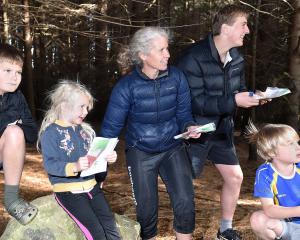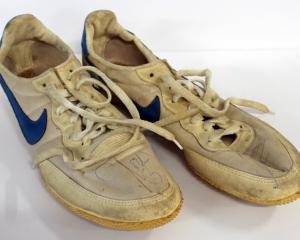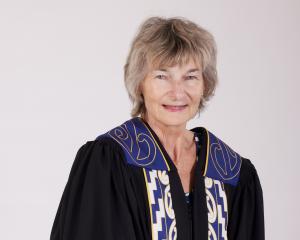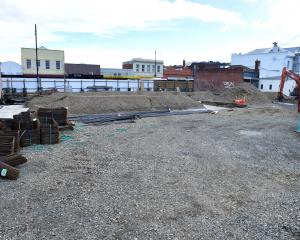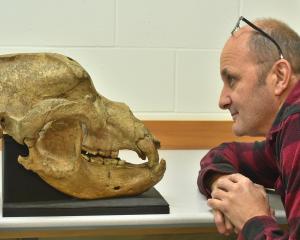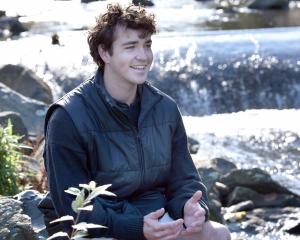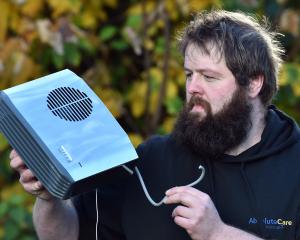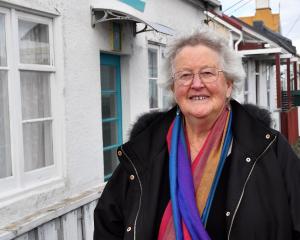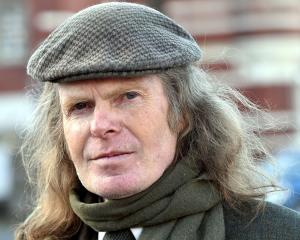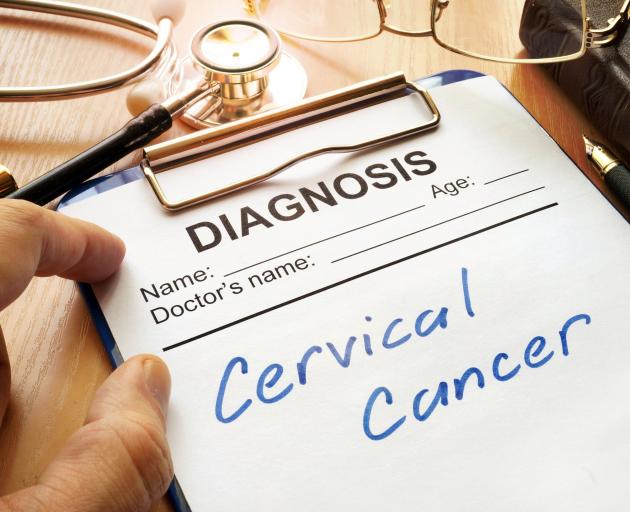
A Dunedin doctor hopes to use international HPV Awareness Day as a call to action for Māori and Pasifika women.
HPV Awareness Day is today, and it comes about six months after the launch of the self-swab test in New Zealand.
Data provided by the National Cervical Screening Programme register for Māori and Pasifika women aged 25 to 69 years old, in Otago and Southland, showed Māori and Pacific women had the lowest cervical screening rates.
More than 16% of Māori women and almost 27% of Pacific women had either not been screened at all or had not been screened enough.
WellSouth Pacific health adviser Dr Letava Tafuna’i said Māori and Pacific women faced a variety of barriers in the health sector.
"We’re looking at barriers such as language, timing of appointments, accessibility to the health service and a culturally safe space for Pacific women to come into, and Māori as well," she said.
The data showed out of the 2032 eligible Pasifika women, more than 200 of them had never been screened before and about 328 of them were not getting screened enough.
For Māori, out of the 7713 eligible women, about 420 of them had never been screened and more than 830 were not being screened enough.
"It’s crucial that we get regular screenings.
"If we don’t, there’s a chance of it getting too late and the cancer already developing."
With such low rates of Pacific women getting regular tests, he was concerned about what it might mean for some families, considering the cancer was preventable, Dr Tafuna’i said.
"It’s heartbreaking when you’ve got a loved one and you think, ‘What could we have done differently?"’ Dr Tafuna’i said.
"‘How could I have addressed this?’
"Or, ‘How could I have supported my loved one differently?’"
Since the introduction of self-swab tests, there had been minor improvements to Māori and Pacific screening rates.
"If you’re not comfortable with someone coming into your personal space like that, the game-changer is that you could do the test yourself."
It was important to have an initial conversation with health professionals to ease anxiety around the test and better understand how they could be "culturally safe and competent when providing a service", Dr Tafuna’i said.
WellSouth is taking part in the Balclutha Pacific Health Expo on Saturday from 1.30pm-4.30pm, along with Pacific Trust Otago and Te Whatu Ora - Southern where there will be free cervical screenings.
There will also be free screenings at the Moana Nui event in late March.
Dr Tafuna’i said she wanted to highlight the importance of removing the stigma that surrounded screenings and normalising conversations around women’s health.
"We need to prioritise our health — we’re so busy worrying about others in the family that we forget about our own health and then sometimes it can be too late.
"We need to set the examples for our younger generations and take care of ourselves."

